
Bone cells: osteoclasts
This spicule of bone is being resorbed by multiple osteoclasts, large, motile cells with multiple nuclei. Throughout life, bone is resorbed and deposited to both renew and repair the matrix and to respond to mechanical stresses. Resorption results in the formation of depressions in the bone called Howship’s lacunae. Osteoclasts belong to the monocyte lineage and are not related to osteoblasts or osteocytes. Spongy bone, 600x
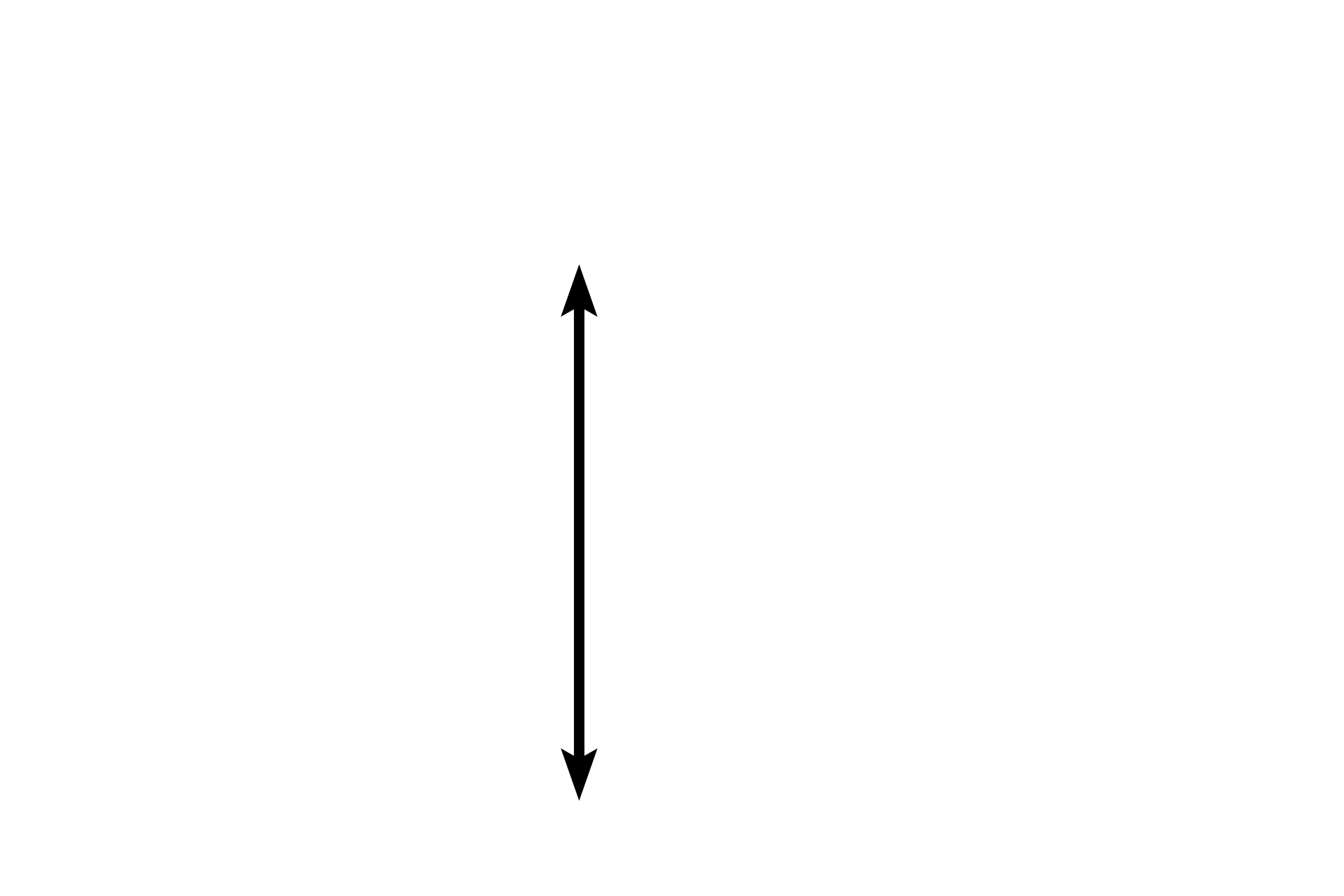
Bone spicule
This spicule of bone is being resorbed by multiple osteoclasts, large, motile cells with multiple nuclei. Throughout life, bone is resorbed and deposited to both renew and repair the matrix and to respond to mechanical stresses. Resorption results in the formation of depressions in the bone called Howship’s lacunae. Osteoclasts belong to the monocyte lineage and are not related to osteoblasts or osteocytes. Spongy bone, 600x
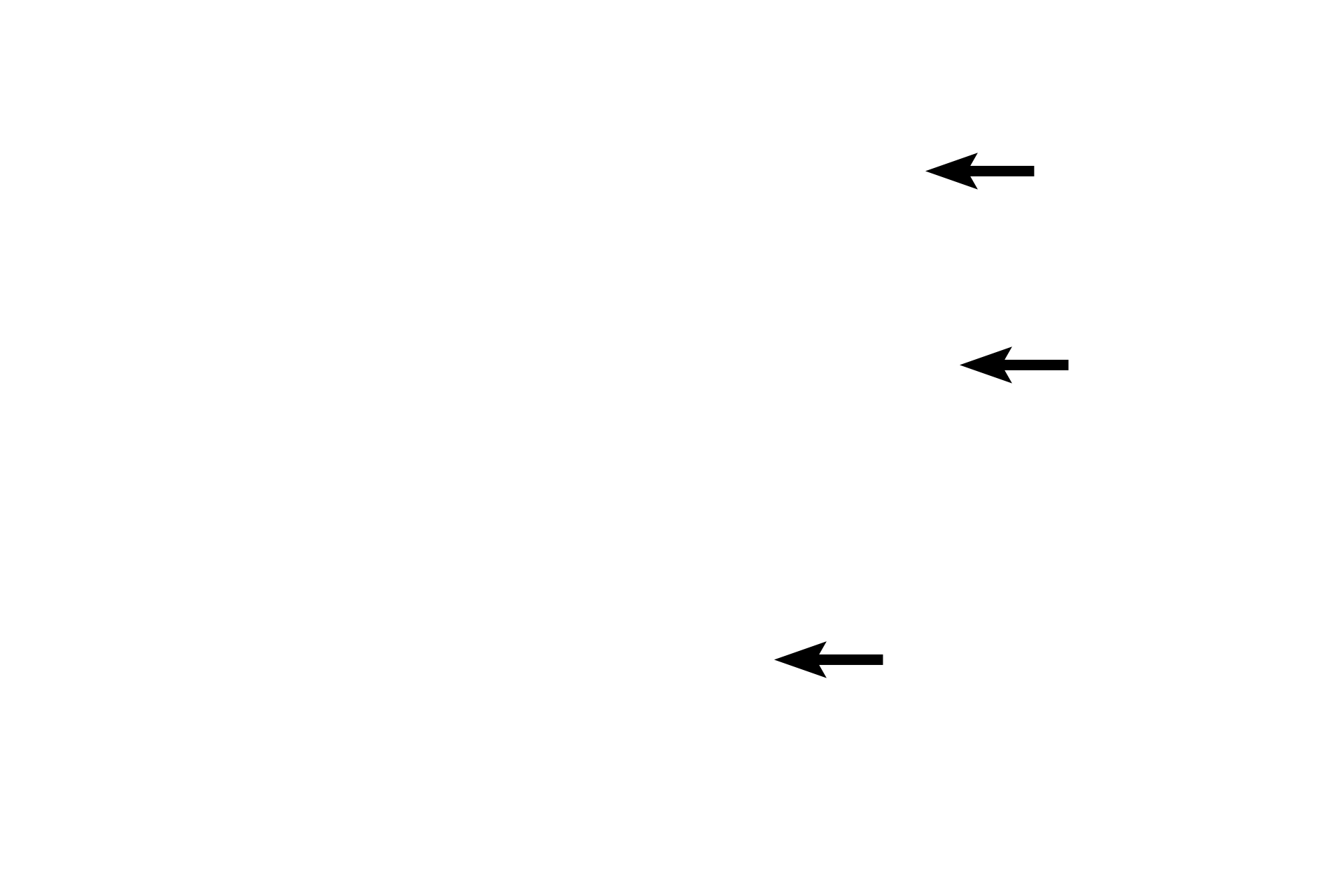
Osteoclasts
This spicule of bone is being resorbed by multiple osteoclasts, large, motile cells with multiple nuclei. Throughout life, bone is resorbed and deposited to both renew and repair the matrix and to respond to mechanical stresses. Resorption results in the formation of depressions in the bone called Howship’s lacunae. Osteoclasts belong to the monocyte lineage and are not related to osteoblasts or osteocytes. Spongy bone, 600x
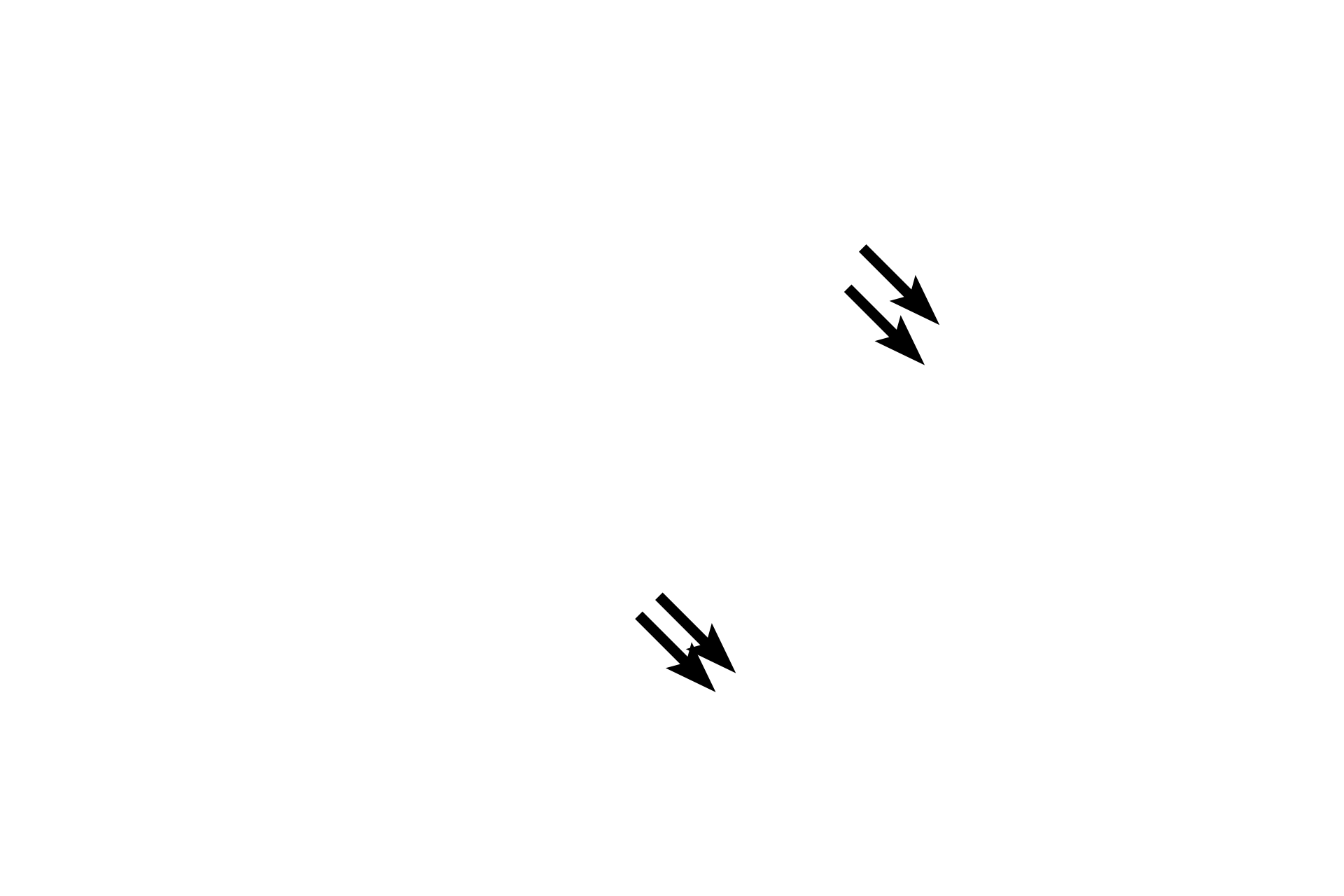
- Nuclei
This spicule of bone is being resorbed by multiple osteoclasts, large, motile cells with multiple nuclei. Throughout life, bone is resorbed and deposited to both renew and repair the matrix and to respond to mechanical stresses. Resorption results in the formation of depressions in the bone called Howship’s lacunae. Osteoclasts belong to the monocyte lineage and are not related to osteoblasts or osteocytes. Spongy bone, 600x

- Ruffled border >
The osteoclast plasma membrane in contact with the bone forms elaborate folds, collectively called a ruffled border. This membrane specialization creates a microenvironment where bone resorption takes place.
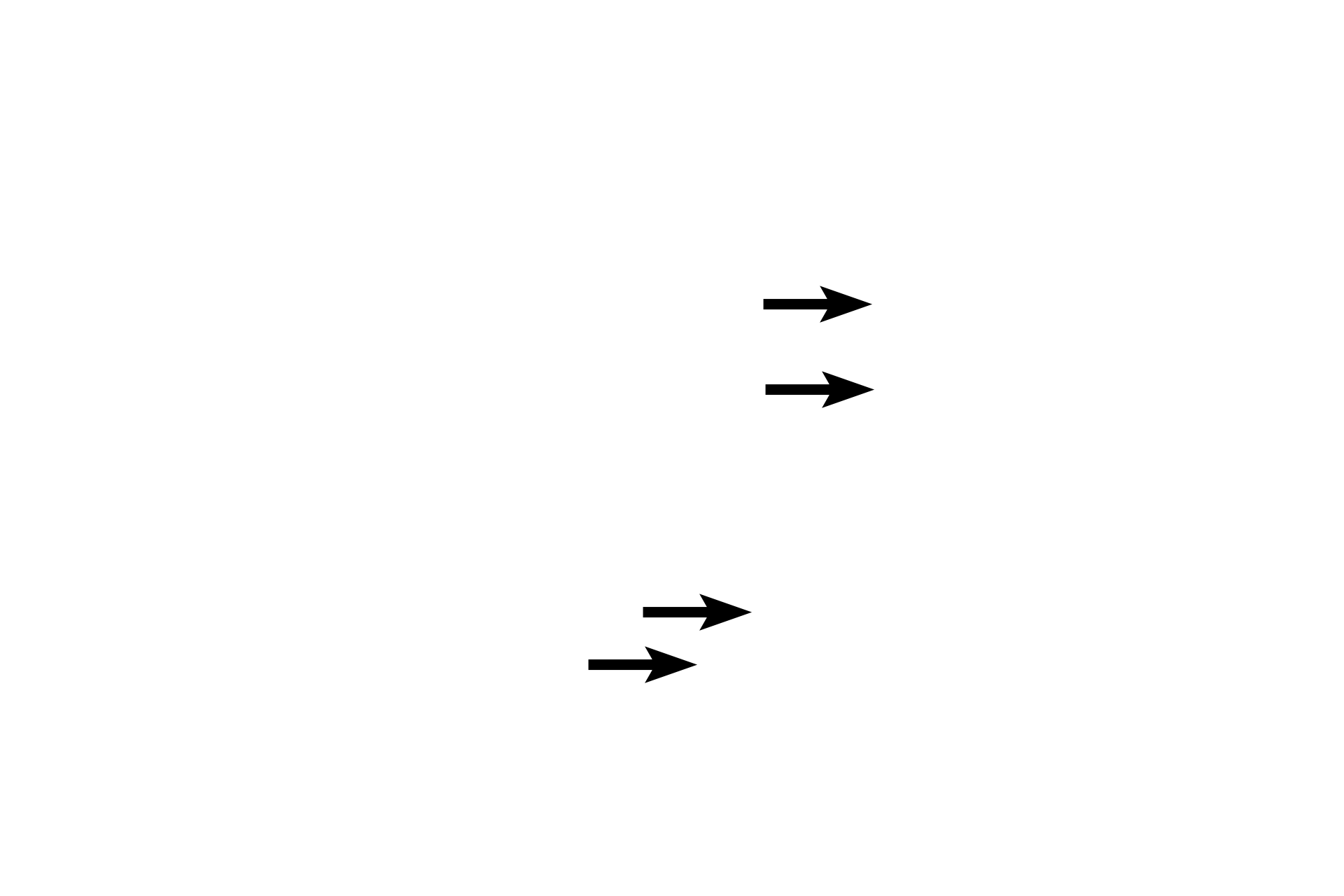
- Howship's lacunae >
Osteoclasts resorb bone in the reverse order from which it was deposited: the inorganic matrix is resorbed first, followed by the organic matrix. The resorption results in shallow depressions in the bone called Howship’s lacunae.
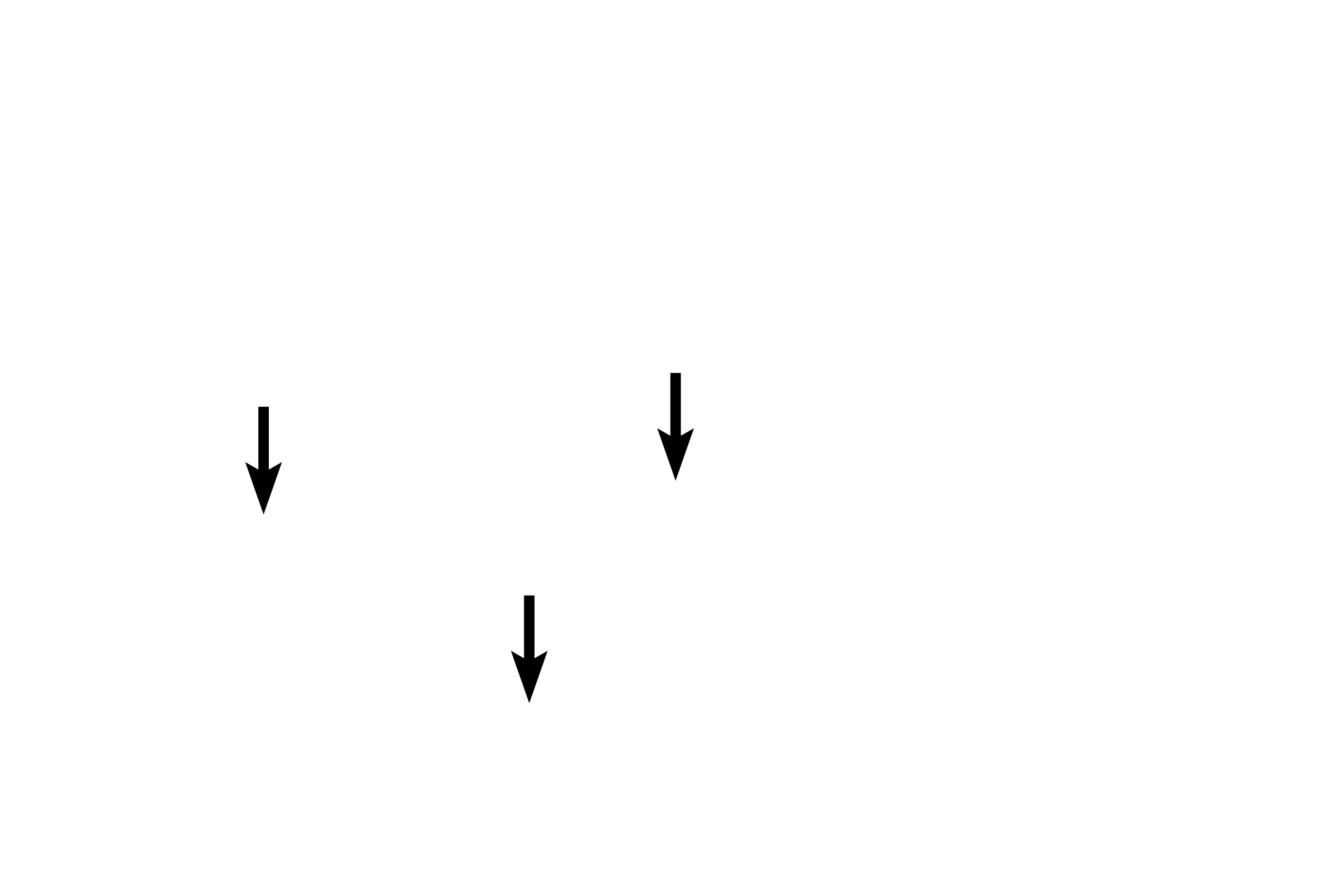
Osteocytes in lacunae
This spicule of bone is being resorbed by multiple osteoclasts, large, motile cells with multiple nuclei. Throughout life, bone is resorbed and deposited to both renew and repair the matrix and to respond to mechanical stresses. Resorption results in the formation of depressions in the bone called Howship’s lacunae. Osteoclasts belong to the monocyte lineage and are not related to osteoblasts or osteocytes. Spongy bone, 600x

Blood vessels
This spicule of bone is being resorbed by multiple osteoclasts, large, motile cells with multiple nuclei. Throughout life, bone is resorbed and deposited to both renew and repair the matrix and to respond to mechanical stresses. Resorption results in the formation of depressions in the bone called Howship’s lacunae. Osteoclasts belong to the monocyte lineage and are not related to osteoblasts or osteocytes. Spongy bone, 600x
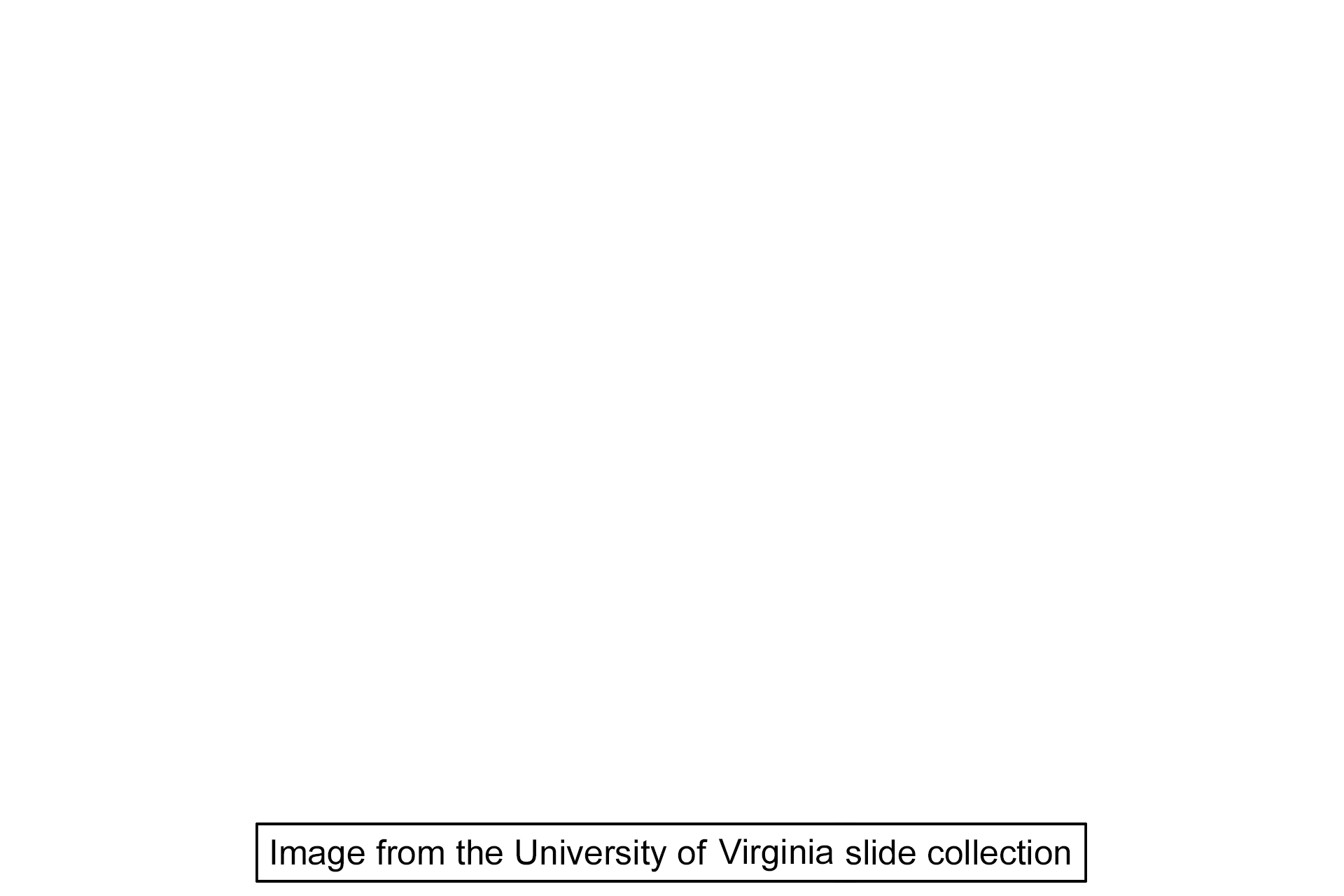
Image source >
Image taken from a slide in the University of Virginia collection.
 PREVIOUS
PREVIOUS